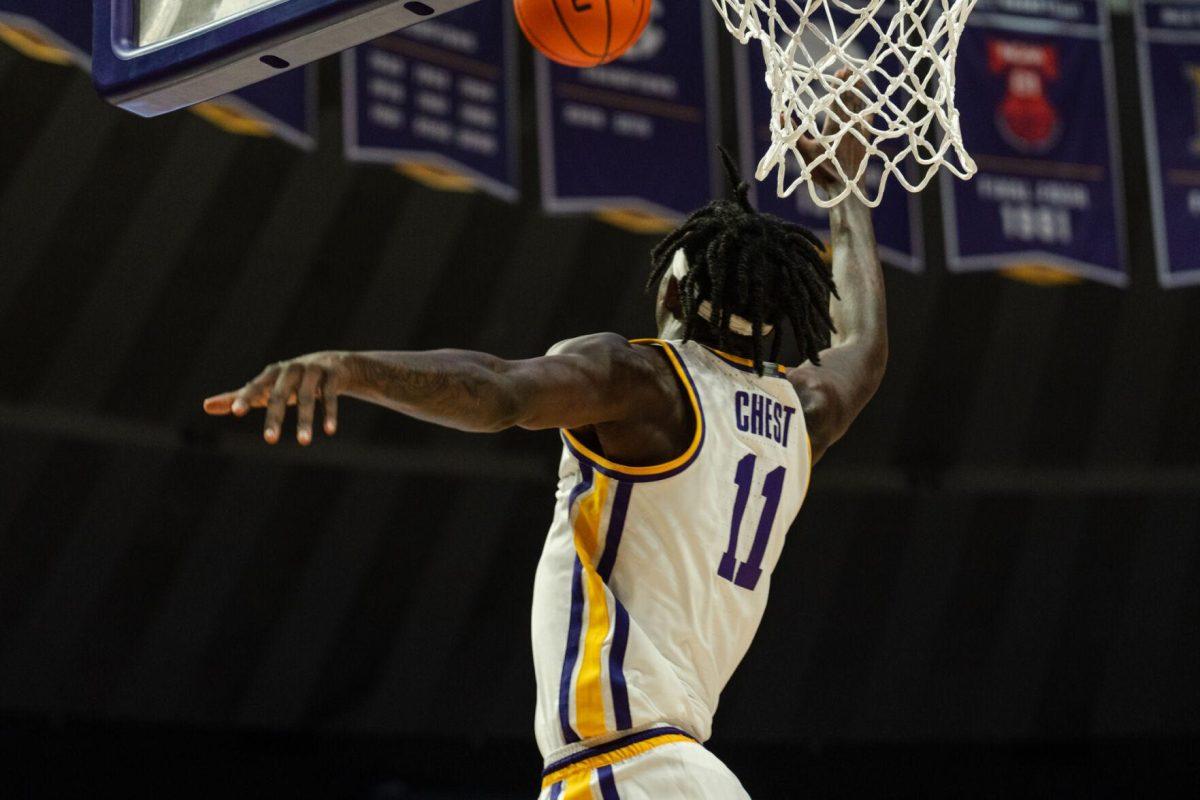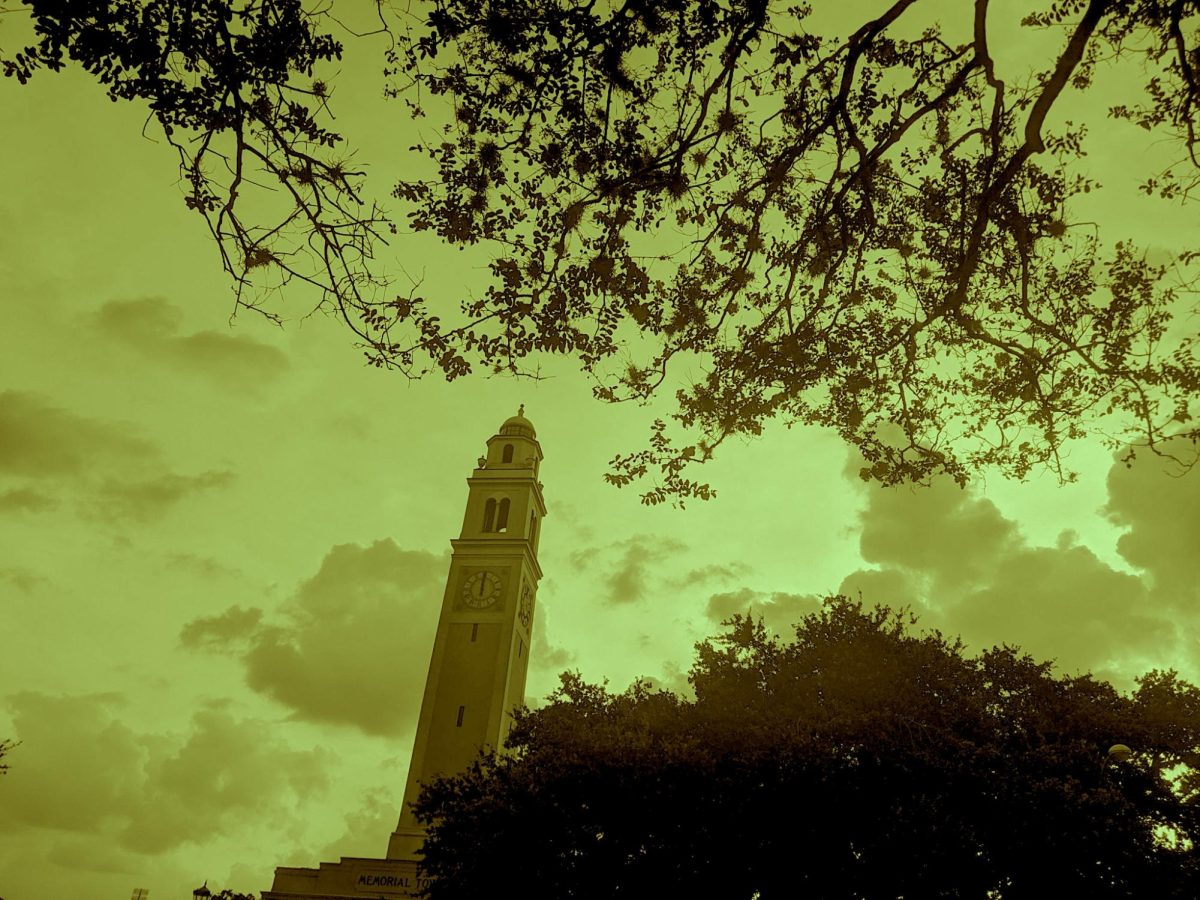Don’t expect to see a fresh batch of jokes from Stephen Colbert or David Letterman anytime soon.
The lines were drawn, and the battle cries sounded as the Writers Guild of America declared war with the Alliance of Motion Picture & Television producers on Monday.
Production has already halted on several primetime shows, such as “Two and a Half Men” and “Rules of Engagement,” according to The New York Times.
Richard Hite, former University student, said one of his favorite shows – NBC’s “The Office” – had quit filming new episodes because of Steve Carell and Rainn Wilson’s not showing up for work in support of the strike.
“They are not even writers, but it just goes to show you how the strike is affecting the whole industry,” he said.
The battle is pitting screenwriters against producers, and the battleground is over new media residuals.
Residuals are payments made to writers or actors when their work is rebroadcast in any format, whether it is DVDs, Internet downloads or reruns.
Screenwriting professor and WGA member Mari Kornhauser has a framed check on her desk for residuals in foreign territory for her movie “Housebound” featuring Peter Sarsgaard. The amount on the check is $1.15.
“Not every writer makes a lot of money,” she said.
Like the rest of the country, the entertainment industry is stratified, according to Kornhauser. There is a rich upper class, a poor lower class and an evershrinking middle class.
Before becoming a professor, Kornhauser used to be one of those shrinking middle-class writers who depends on the WGA to negotiate good health insurance and pension benefits. She still writes, though, and has two projects sidelined because of the strike.
“It may seem silly and ‘Oh they’re just Hollywood writers that make a lot of money,’ but they don’t,” she said.
She said that along with the A-list Hollywood writers, there are many writers across the country struggling to earn a living.
“It’s not for greed. It’s for survival,” she said.
According to associate English professor Ricky Blackwood, the greed lies on the other side of the picket line.
He said producers and distributors enjoy record-breaking profits in new venues like gaming, DVD sales, reality TV, movies on demand and Internet streaming.
“Yet they feel no compunction about taking the work of writers and other artists, selling those works in emerging venues and keeping every cent,” he said.
The students in Kornhauser’s screenwriting class discussed the strike Tuesday night.
English junior Ross Baringer said that technology in home theaters is rapidly advancing while traditional movie theaters are not.
“DVD sales are more imporTant than theater sales now,” said English senior John Colby Roessler.
This is not the first time new media formats have caused a stir in the industry.
In 1988 the WGA had to strike over residuals for emerging media for 22 weeks.
“Almost the same arguments were had back then. [The producers and distributors] didn’t want to give up any of the new pie,” said Kornhauser.
Theatre senior Mickey Gray said that writers get the smallest percentage of the pie.
“Writers do get the shaft,” he said. “But without the writers, there isn’t much of anything”
Kornhauser said the strike could last a long time, depending on whether or not the producers come to their senses.
“I think the writers are very united, and I don’t think they’re going to give in.”
—-Contact Lauren Walck at [email protected]
Professor part of writers’ strike
By Lauren Walck
November 8, 2007





